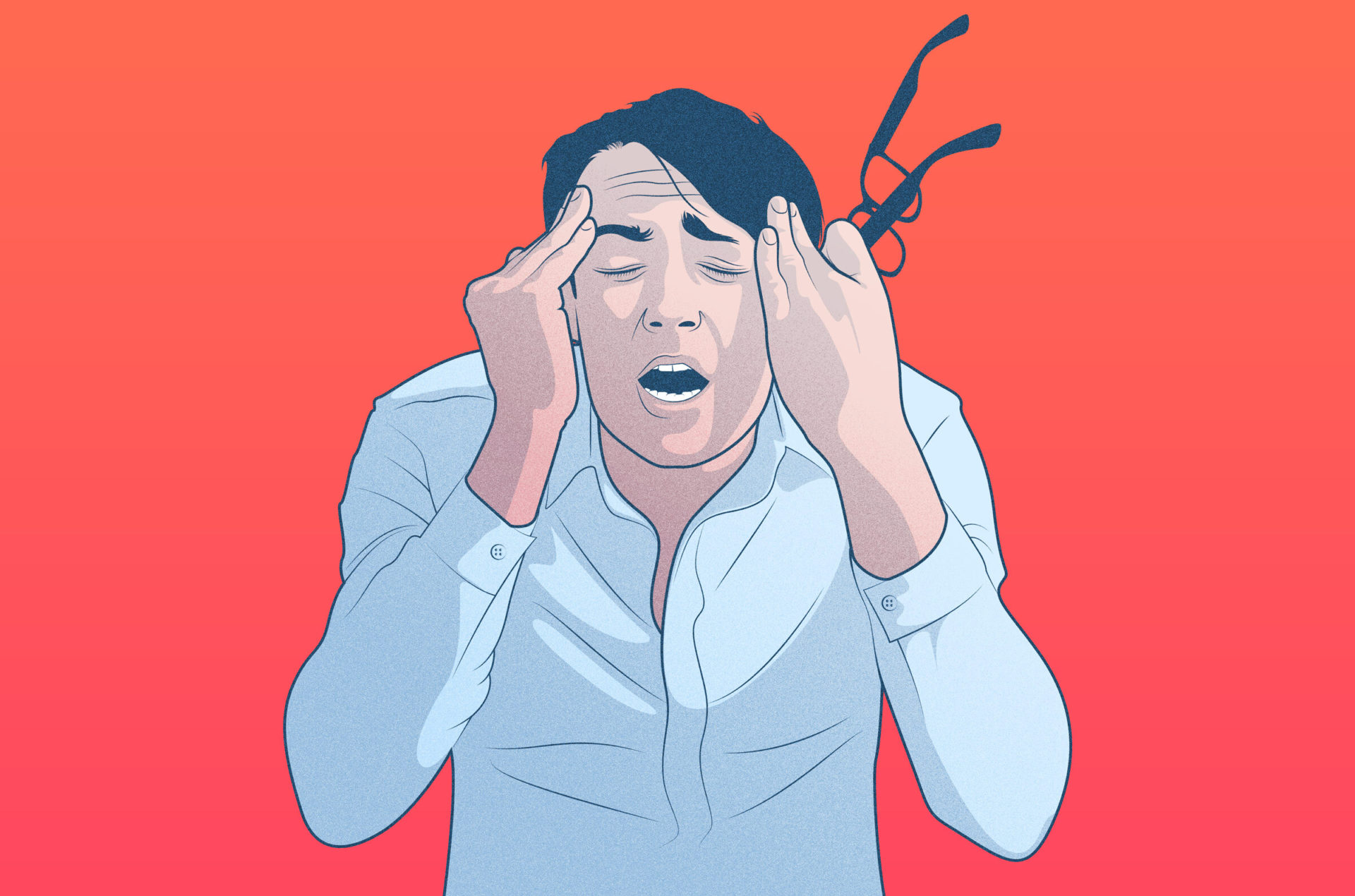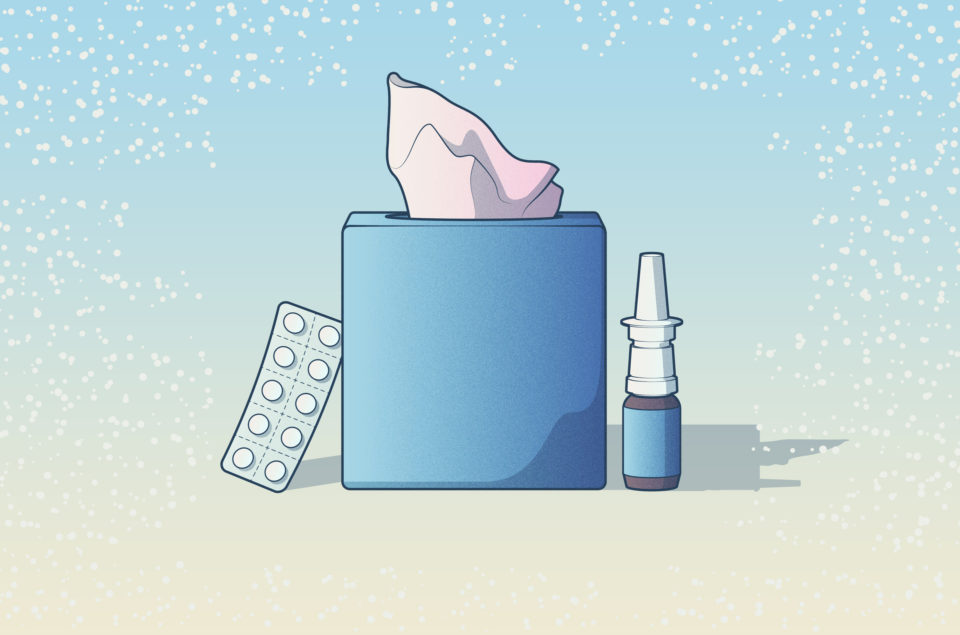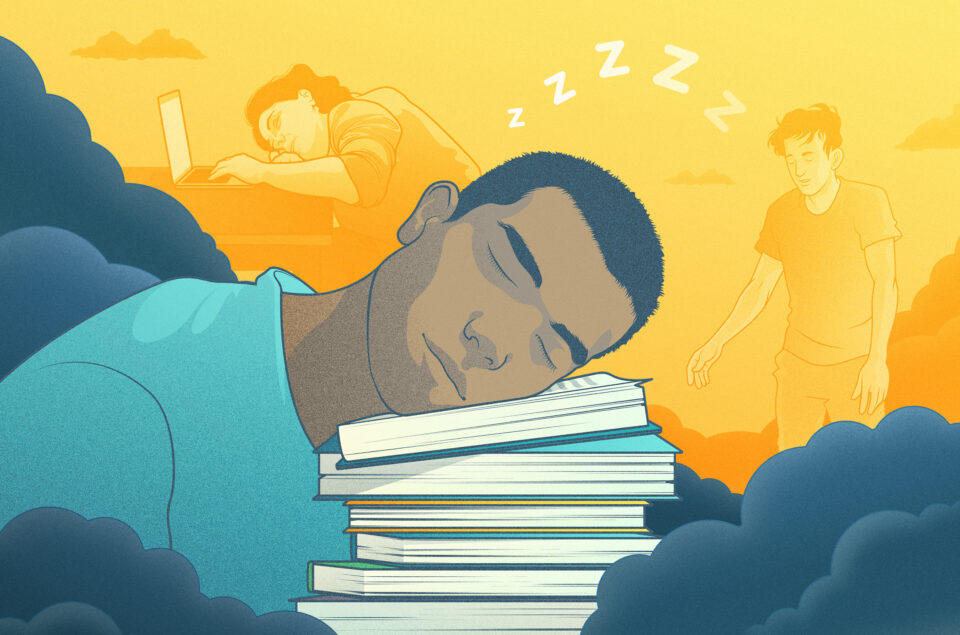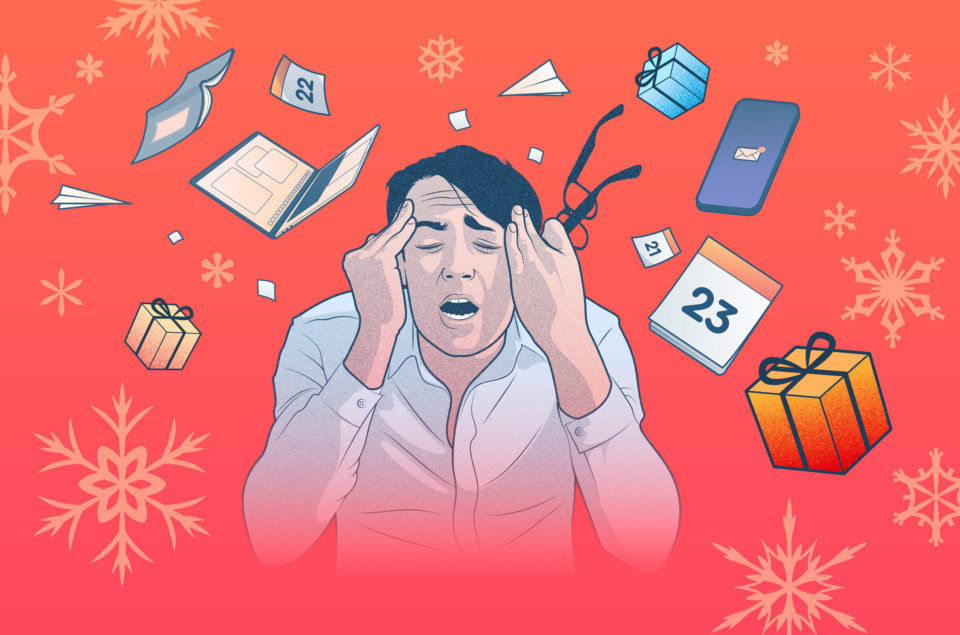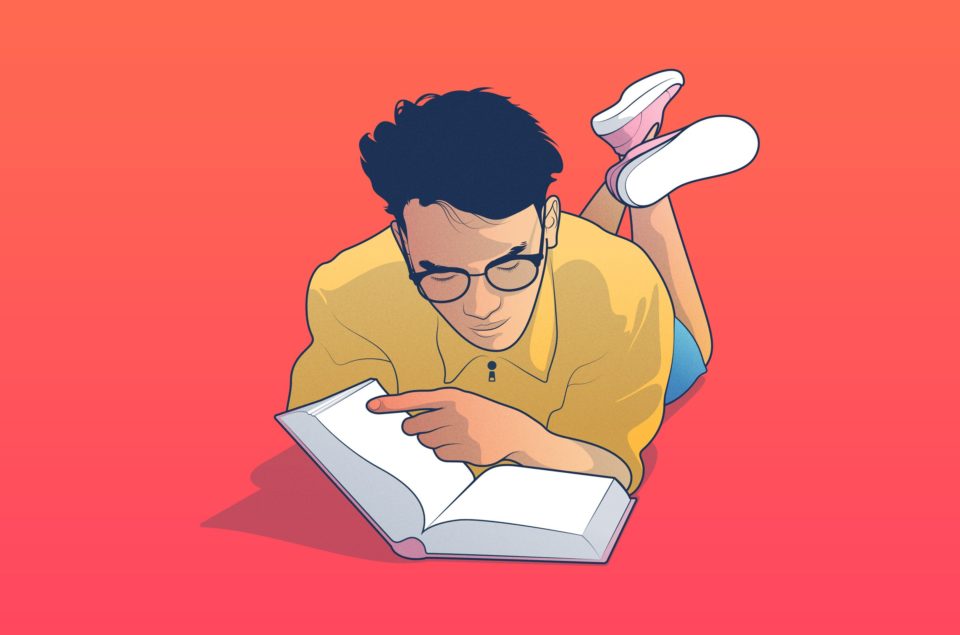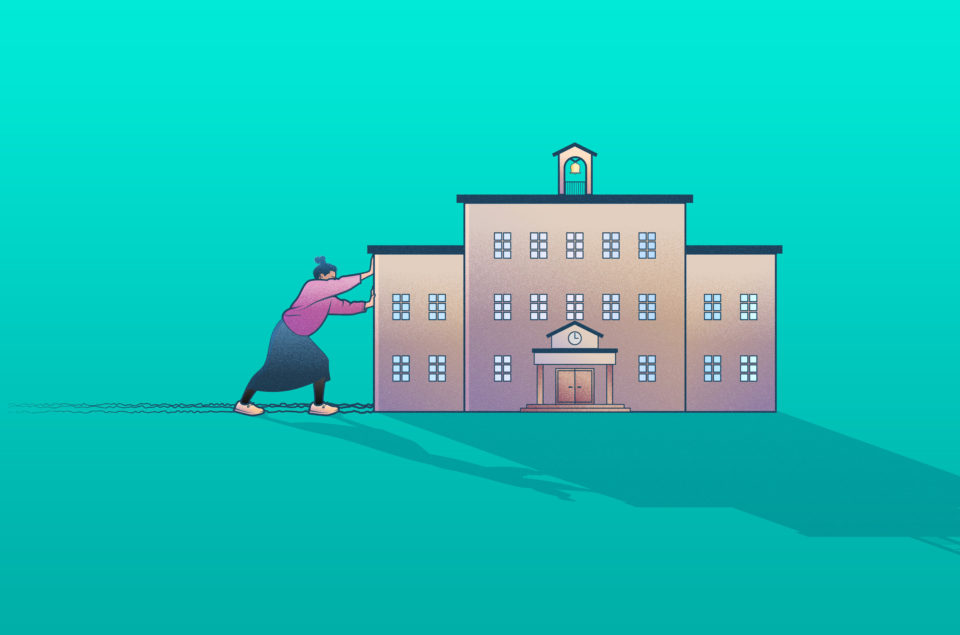Sleep deprivation and chronic sleep disorders today affect between 50-70 million people in the U.S. This has far reaching implications, ranging from mood fluctuations, attention deficit, accidents and injuries, not to mention the economic impact of prolonged sick leave. A survey on 5 OECD countries called attention to how $680 Billion is lost each year due to insufficient sleep.
The list of risks is infinitely long, yet the impact lack of sleep can have on our productivity, the cost of work-related accidents and the toll on our cognitive and emotional state is still not highlighted often enough. We’ll walk you through the effects of sleep deprivation on work performance, the industries and professions that have most at stake when it comes to sleep debt and how you can contribute to change at work if you notice the signs of sleep deprivation.
Sleep deprivation & Work Performance
A survey looking at the impact sleep deprivation had on work performance found that the participants who had self-reported sleep loss had difficulty engaging in tasks that required prolonged focus. The results showed that functions performed by the prefrontal cortex within the brain, such as decision-making, creativity, processing, learning and so on, were highly impacted by sleep deprivation. Furthermore, the risk of injury increases in the workplace due to the slowing down of physical and cognitive reactions. Annually, the U.S. loses approximately 1.23 million working days due to lack of sleep, contributing to steep productivity losses.
To sum up, the slowing down of cognitive functions due to sleep loss has a far-reaching impact on our ability to perform by contributing to:
- Decreased ability to problem solve
- Variable work performance quality
- Weakened memory
- Mood fluctuations and thus decreased motivation
- Neglect of work-related duties
- Diminished ability to problem solve
Lack of sleep and its health implications
The CDC (Centers for Disease Controls and Prevention) report that a third of U.S. adults usually get less than the recommended amount of sleep, linking the lack of sleep with many chronic diseases and conditions, both physical and mental. Furthermore, sleep deprivation – generally considered sleeping less than the recommended 7-9 hours for prolonged periods of time – low sleep quality and sleep efficiency increases a person’s risk of developing wide-ranging chronic conditions, such as coronary heart disease, stroke and diabetes to name a few.
Industries at risk with a sleep-deprived workforce
The CDC has compiled a list of the most sleep deprived professions in the U.S. and although they span from across a gamut of industries, ranging from healthcare to transport, we’ve highlighted a selection below that are affected severely:
- Medical & Healthcare professionals – Studies on physicians and patient safety show how lack of sleep can not only affect a physician’s mood, exposing patients and hospitals to negative emotions such as tension, hostility, confusion greatly affecting patient care. Patient safety is also affected, with the Institute of Medicine revealing medical errors cause between 44,000-98,000 deaths a year and although it’s difficult to pinpoint the number that is directly caused by sleep-deprived healthcare professionals, it is assumed to be a likely contributor.
- Shift-workers – People who work in industries with shift work tend to have poorer sleep efficiency than their day-working counterparts. Working in shifts increases the risk of insomnia, and can contribute to excessive sleepiness and fatigue. Depending on the industry, this can be a lethal combination when performing work-related tasks.
- Extraction, plant & reactor operators & construction workers – Chernobyl and the Three Mile Island Nuclear plant disasters are dreadful incidents caused by human error and where lack of sleep was attributed as a contributing factor. Furthermore the Exxon Valdez oil spill was another environmental disaster where investigations concluded that sleep deprivation played a major part. These events could have been prevented or at least mitigated if there had been mechanisms in place to protect workers’ sleep health.
- Transport & Commercial Travel Industry – More and more research is pointing out how sleep-deprived pilots are posing a risk to passenger safety as their mood and cognitive ability are impaired. There’s simply a reduction in reaction time that can have critical consequences during a flight. The tragic Air India plane crash in 2010, which killed 158 people, was attributed to a sleep-deprived pilot. Long-haul drivers who suffer from sleep loss can pose a similar risk to themselves and other drivers in traffic.
- Protective Services – Protective service professionals, such as firefighters are at an increased risk of sleep disturbances, in part due to their irregular sleep patterns. Firefighters are also repeatedly exposed to highly pressured situations, involving trauma. This has a further impact on both their sleep quality and sleep efficiency. Many suffer from Post Traumatic Stress Disorder (PTSD) which can manifest itself in an increased number of nightmares, further disturbing sleep.
Although errors or miscare caused by sleep deprivation in the occupations mentioned above can have grave consequences that affect many more than just the individual suffering from sleep loss. It’s nevertheless important to bear in mind that sleep deprivation affects us all across different industries and professions, whether it’s working from home or in the office or in a dangerous factory.
Resisting sleepiness at work
There are certain practices you can employ at your workplace to resist sleepiness at work and help promote alertness. The CDC suggests a few of the recommendations below:
- Dedicated Breakout Rooms to allow employees to rest and feel revived. There could be suitable chairs or even beds or private nap pods, to allow for a power nap between shifts or lunch breaks.
- Scheduling ample time for workers to take repeated breaks coupled with shorter shifts.
- Temperature – indoor climate can contribute to feelings of sleepiness or wakefulness. As it shoots up, the drowsier you’ll feel. The ideal temperature to stay alert is 68 degrees Fahrenheit (20 degrees Celsius).
- Sound – employing varied music can be an effective way to keep yourself and your staff awake and alert.
- Light – using lighting to your advantage is a common method for both a pleasant wakeup, but also to fight fatigue during night shifts for example. Keeping brightness between 750 to 1,000 lux can help with alertness and reduce sleepiness.
As useful as these suggestions may be, they’re not a replacement for appropriate sleep hygiene and aren’t long-term solutions for prolonged sleep deprivation. Fatigue and lack of sleep contribute to productivity losses and affect a worker’s performance and wellbeing. Understanding the signals, applying countermeasures and prioritizing sleep as part of your workplace healthcare program can make all the difference to your employees’ health and safety and in extension the financial success of your company.
